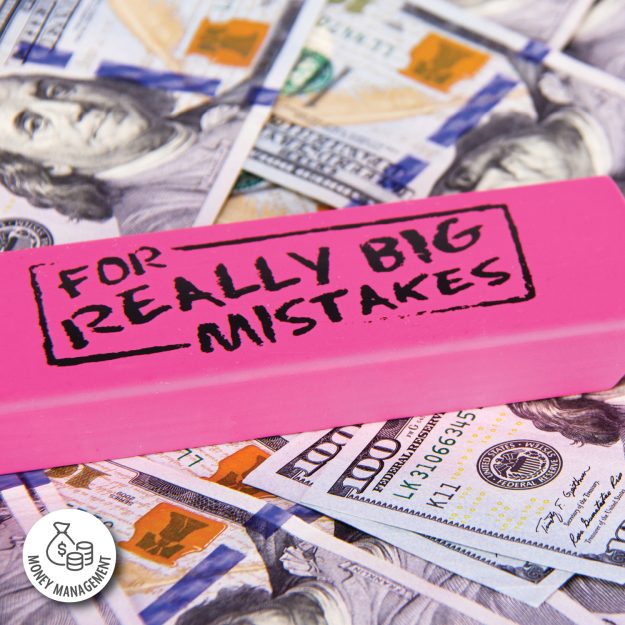Should I Adopt a Minimalist Lifestyle?
Q: Minimalism is all the rage, and with everyday expenses at an all-time high, I’m wondering: Should I adopt a minimalist lifestyle?
A: The minimalist movement, or the idea of living with just the barest of necessities, has exploded in popularity in recent years. Let’s take a closer look at this trending lifestyle choice so you can make an informed decision about embracing its philosophies.
What is minimalism?
The generally accepted definition of minimalism is: Less is more. But adopting a minimalist lifestyle is more than just decluttering. It also means getting rid of, or whittling down, any expense category in your budget along with any activity you engage in that is not necessary for your life or peace of mind.
Getting started on minimalism.
There are lots of ways to live a minimalist life. Here are some popular ways to get started:
- The 90/90 rule. Choose an item in your home and ask yourself if you’ve used it in the last 90 days and if you will use it within the next 90. If the answer to both questions is no, toss it.
- The 30-day declutter. In this challenge, throw out one item from your home on Day 1, two items on Day 2 and continue this progression until Day 30, when you throw out 30 items.
- The 100-item life. Here, you choose 100 essential items you need to live with and toss out everything else you own.
It’s important to know there is no “right way” to embrace this lifestyle. Since minimalism means living with what you need and what brings you joy, it will look different to everyone. As long as you are left with a home and a lifestyle that fills you with peace and serenity, you have adopted the minimalist lifestyle.
Pros of living a minimalist life
- Improved mental health. Evidence shows that a cluttered life is a stressful life.
- Increased opportunities to experience life at its purest level. Walking away from extraneous commitments can free you up to experience the true pleasures in life.
- More room in your budget. When you throw out all unneeded expenses from your budget, it’s easier to save and avoid falling into debt.
Cons of living a minimalist life
- Feelings of deprivation. If taken to an extreme, a minimalist life can be depriving and ultimately backfire.
- Unhealthy obsession. Minimalism can require a lot of brain power. If you spend all day thinking about your stuff, it still owns you.
- Owning just a few items means a large initial outlay. You’ll need to invest in a few items that really last, and these don’t come cheap.
- It can be isolating. Unless you jump into this lifestyle with a partner or friend, it can be a very lonely life.
Use this guide to make an informed decision about embracing a minimalist life.





